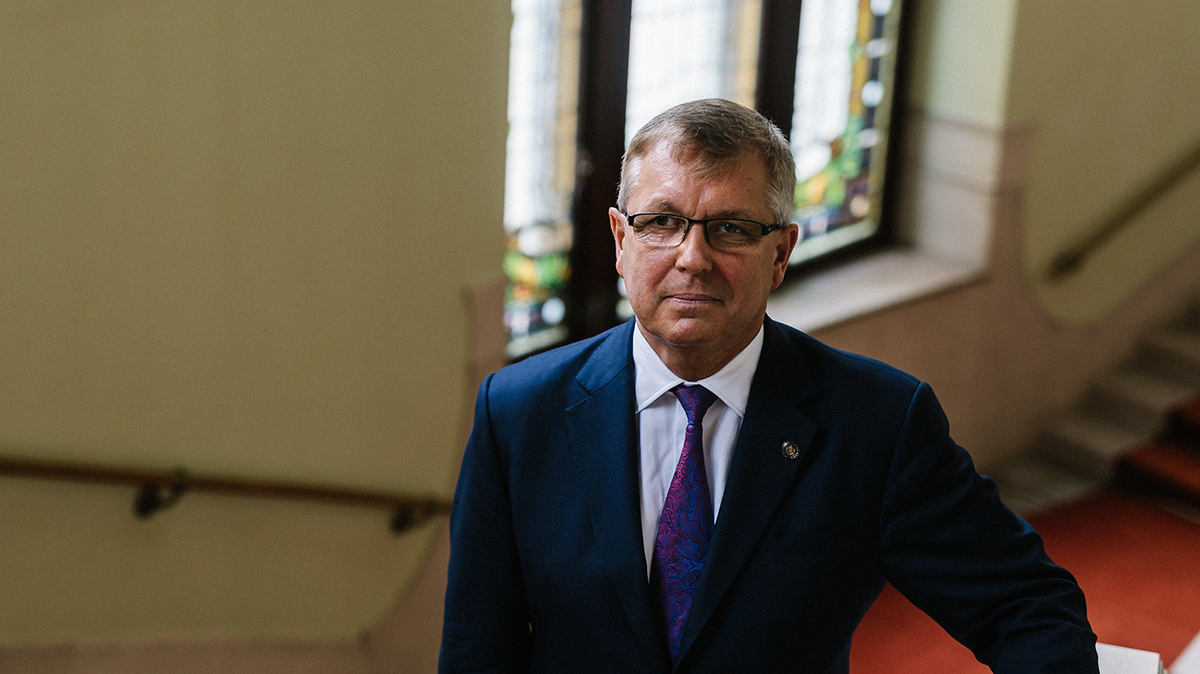In an effort to slow down inflation, the Hungarian Central Bank (MNB) increased its base rate by 185 basis points on Tuesday to 7.75 percent, the bank’s Monetary Council announced on Tuesday.
“Inflation risks have intensified over the past quarter. Accordingly, the inflation path currently expected by MNB has shifted upwards compared to the March forecast. Global inflation has hit a new high for the last decade, coupled with money market volatility, posing a higher risk to the domestic inflation outlook,” the statement of the Monetary Council said.
“The protracted Russian-Ukrainian war is generally worsening the outlook for the world economy. Higher commodity and energy prices have led to significant increases in global inflation, which is compounded by continuing supply difficulties,” it added.
[pp id=40941]
This is the highest base rate hike since October 2008, when MNB raised its base rate by 300 basis points at the onset of the global financial and economic crisis.
In response to persistently high inflation, both globally dominant and regional central banks tightened monetary conditions further. The Fed continued to raise its benchmark rate in June and began narrowing its balance sheet. The European Central Bank has indicated that it will stop its asset purchase program (APP) in July and begin raising the key rate. Among the regional central banks, the Polish central bank raised its key rate by 75 basis points and the Czech central bank by 125 basis points.
Economist Géza Sebestyén at Mathias Corvinus Institute pointed out that similar methods are being tried by European countries, including Poland, the Czech Republic, and also Romania, which have not replaced their own currencies with the euro, but the Hungarian central bank has taken much more “active and courageous” decisions in recent months.
However, it is the fate of the Baltic states that may prove crucial. The Baltics adopted the euro as a currency and inflation has been incredibly high — even far exceeding Hungary’s. Yet, despite this high inflation, the European Central Bank has not changed its zero interest rate policy, which could result in serious problems, Sebestyén said.






